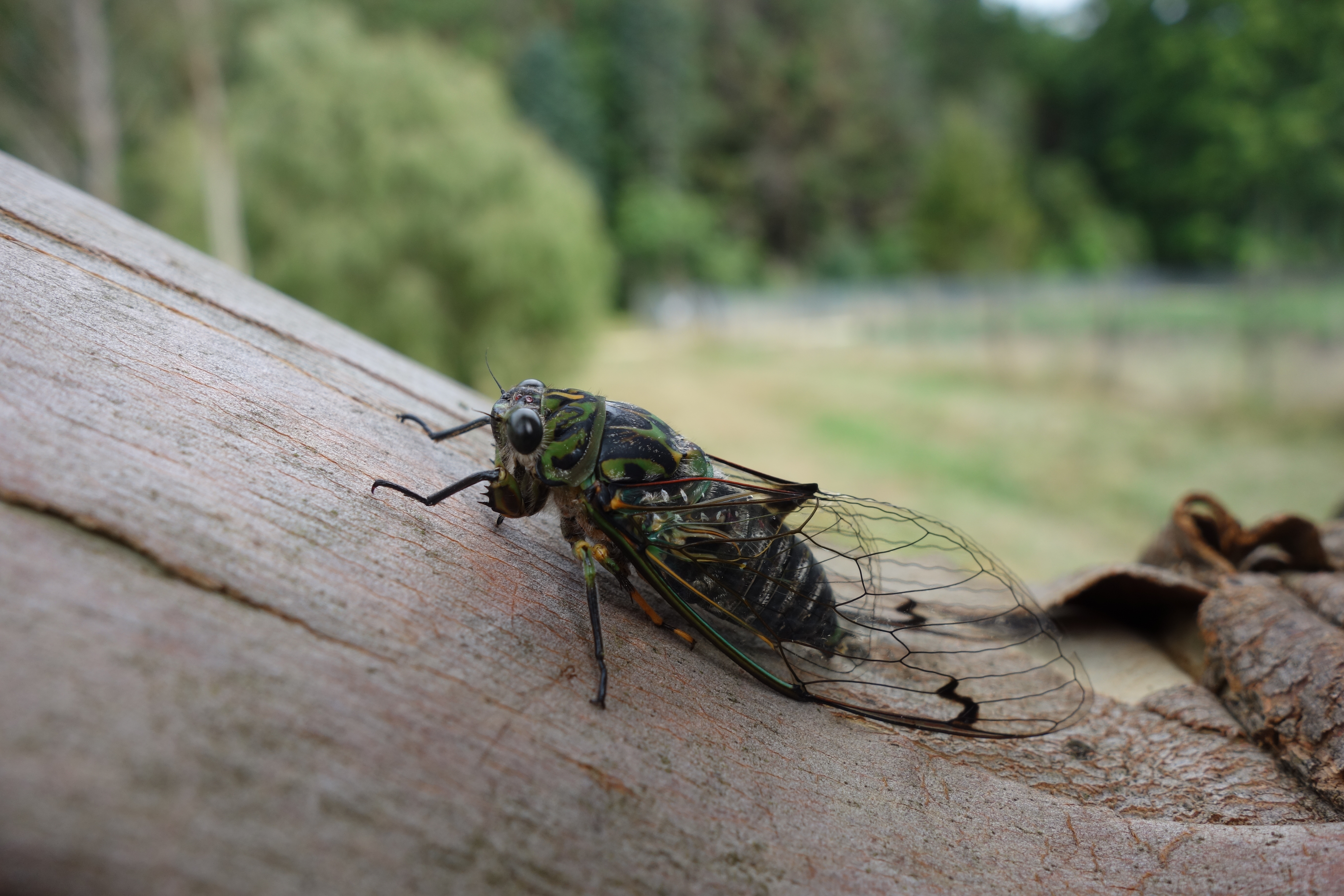|
Senega Quitensis
''Senega quitensis'' is a species of plant in the family Polygalaceae. It is endemic Endemism is the state of a species being found only in a single defined geographic location, such as an island, state, nation, country or other defined zone; organisms that are indigenous to a place are not endemic to it if they are also foun ... to Ecuador. References Polygalaceae Endemic flora of Ecuador Critically endangered plants Taxonomy articles created by Polbot Taxa named by Nikolai Turczaninow {{Polygalaceae-stub ... [...More Info...] [...Related Items...] OR: [Wikipedia] [Google] [Baidu] |
Nicolai Stepanovitch Turczaninow
Nikolai Stepanovich Turczaninow (; 1796 – ) was a Russian botanist and plant collector who first identified several genera and many species of plants. Education and career Born in 1796, Turczaninow attended high school in Kharkov. In 1814, he graduated from Kharkov University, before working as a civil servant for the Ministry of Finance in St. Petersburg. Soon after, in 1825, Turczaninow published his first botanical list. Despite being employed in a different field, he continued his largely self-taught botanical work. In 1828, he was assigned an administrative post in Irkutsk, Siberia. This allowed him to collect in the Lake Baikal area, which is known for its rich biodiversity. A spate of papers followed, and Turczaninow established his own herbarium containing plants from the region. In 1830, he was appointed a Fellow of the Imperial Botanic Garden St. Petersburg (now the Saint Petersburg Botanical Garden), and charged with collecting plants from Siberia. In the ear ... [...More Info...] [...Related Items...] OR: [Wikipedia] [Google] [Baidu] |
Plant
Plants are the eukaryotes that form the Kingdom (biology), kingdom Plantae; they are predominantly Photosynthesis, photosynthetic. This means that they obtain their energy from sunlight, using chloroplasts derived from endosymbiosis with cyanobacteria to produce sugars from carbon dioxide and water, using the green pigment chlorophyll. Exceptions are parasitic plants that have lost the genes for chlorophyll and photosynthesis, and obtain their energy from other plants or fungi. Most plants are multicellular organism, multicellular, except for some green algae. Historically, as in Aristotle's biology, the plant kingdom encompassed all living things that were not animals, and included algae and fungi. Definitions have narrowed since then; current definitions exclude fungi and some of the algae. By the definition used in this article, plants form the clade Viridiplantae (green plants), which consists of the green algae and the embryophytes or land plants (hornworts, liverworts ... [...More Info...] [...Related Items...] OR: [Wikipedia] [Google] [Baidu] |
Polygalaceae
The Polygalaceae or the milkwort family are made up of flowering plants in the order Fabales. They have a near-cosmopolitan range, with about 27 genera and ''ca''. 900 known species of herbs, shrubs and trees. Over half of the species are in one genus, '' Polygala'', the milkworts. The family was first described in 1809 by Johann Hoffmansegg and Johann Link. In 1896, Robert Chodat split it into 3 tribes. A fourth tribe was split off from the tribe Polygaleae in 1992. Under the Cronquist classification system, Polygalaceae were treated in a separate order of their own, Polygalales. Currently, according to the Angiosperm Phylogeny Group, the family belongs in Fabales. Description ''Polygalaceae'' are annual or perennial herbs, shrubs, trees or lianas. Its zygomorphic, hermaphrodite, bisexual flowers have 3-5 petals and 5 sepals. Its leaves are usually alternate, but may be opposite, fascicled, or verticillate. Each flower usually contains 8&nb ... [...More Info...] [...Related Items...] OR: [Wikipedia] [Google] [Baidu] |
Endemic
Endemism is the state of a species being found only in a single defined geographic location, such as an island, state, nation, country or other defined zone; organisms that are indigenous to a place are not endemic to it if they are also found elsewhere. For example, the Cape sugarbird is found exclusively in southwestern South Africa and is therefore said to be ''endemic'' to that particular part of the world. An endemic species can also be referred to as an ''endemism'' or, in scientific literature, as an ''endemite''. Similarly, many species found in the Western ghats of India are examples of endemism. Endemism is an important concept in conservation biology for measuring biodiversity in a particular place and evaluating the risk of extinction for species. Endemism is also of interest in evolutionary biology, because it provides clues about how changes in the environment cause species to undergo range shifts (potentially expanding their range into a larger area or bec ... [...More Info...] [...Related Items...] OR: [Wikipedia] [Google] [Baidu] |
Taxonomy Articles Created By Polbot
280px, Generalized scheme of taxonomy Taxonomy is a practice and science concerned with classification or categorization. Typically, there are two parts to it: the development of an underlying scheme of classes (a taxonomy) and the allocation of things to the classes (classification). Originally, taxonomy referred only to the classification of organisms on the basis of shared characteristics. Today it also has a more general sense. It may refer to the classification of things or concepts, as well as to the principles underlying such work. Thus a taxonomy can be used to organize species, documents, videos or anything else. A taxonomy organizes taxonomic units known as "taxa" (singular "taxon"). Many are hierarchies. One function of a taxonomy is to help users more easily find what they are searching for. This may be effected in ways that include a library classification system and a search engine taxonomy. Etymology The word was coined in 1813 by the Swiss botanist A ... [...More Info...] [...Related Items...] OR: [Wikipedia] [Google] [Baidu] |

